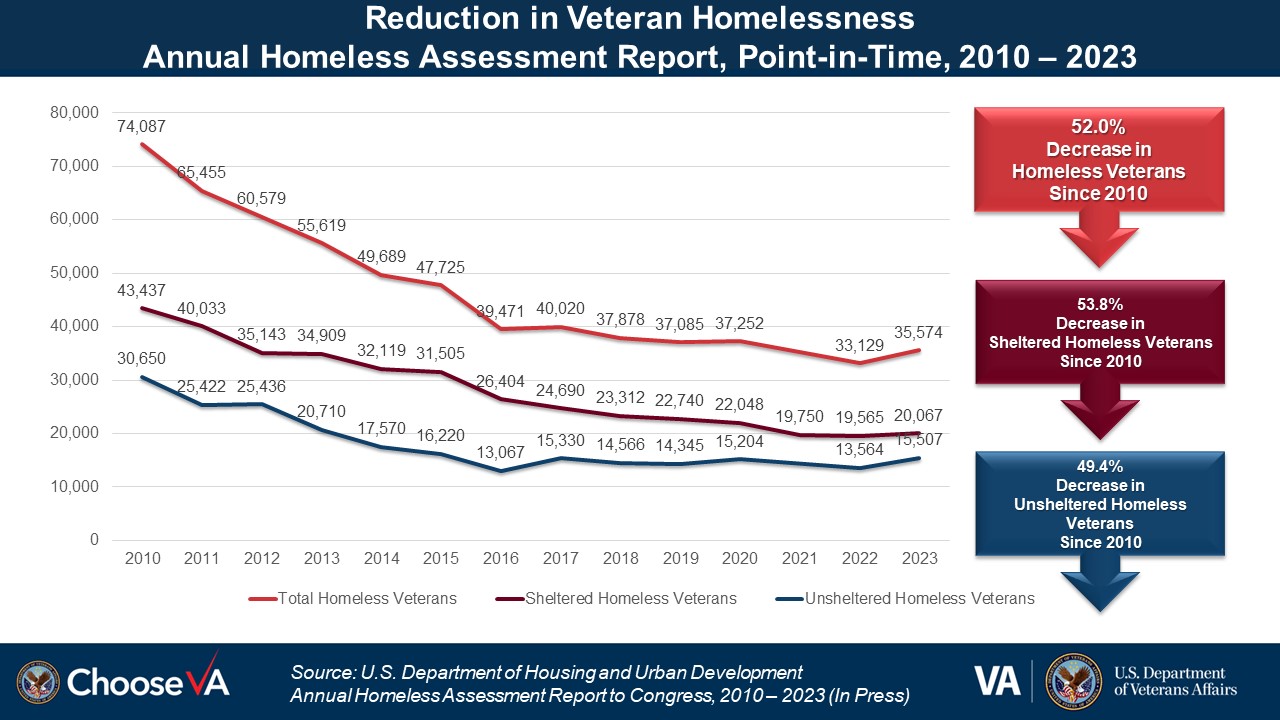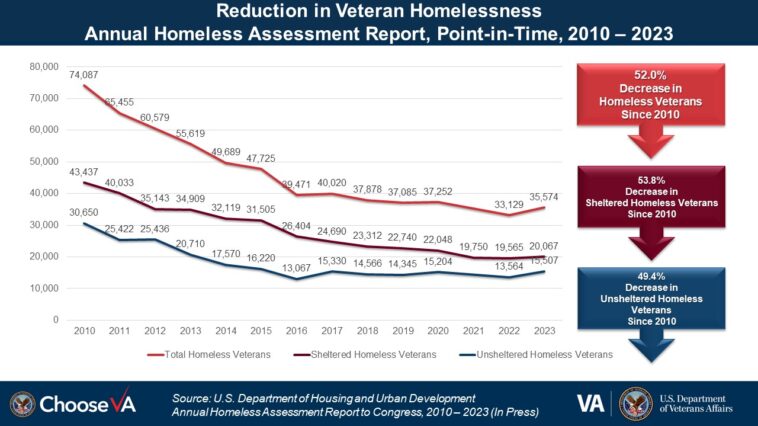
An In-Depth Look at Digital Privacy and Legal Aspects
In the digital age, the importance of privacy and the protection of personal data have become paramount. With the advent of advanced technologies, personal data is collected and processed frequently – a reality that has led to the emergence of complex legal and ethical questions.
Understanding Data Collection and Processing
The process of data collection and its subsequent usage is a common practice carried out by many online platforms. This includes the deployment of cookies and the collection of unique identifiers and other standard device information. Such practices facilitate personalised advertising and content, aid in content measurement, and also contribute to audience research and services development.
Contribution of Geolocation Data and Device Scanning
In some cases, with explicit user permission, platforms leverage precise geolocation data and identification via device scanning. Users hold the right to grant consent for such processing or to refuse, illustrating that the control is, to some extent, in the hands of the users.
Privacy Rights and Personal Data Processing
While it might seem alarming, some degree of personal data processing does not necessarily require your consent. However, individuals possess the right to object to such processing. This right underscores that privacy controls are not a binary notion of consent or denial but a more nuanced entity shaped by laws and individual preferences.
Shaping Physical and Digital Spaces: Your Privacy Preferences
Users are allowed to modify their preferences or withdraw their consent at any given point. All these privacy possibilities are mostly applicable to the specific site of consent, illustrating the localized nature of online privacy adherence. Furthermore, these preferences can usually be adjusted by visiting a specific section of the website or application, typically termed ‘Privacy.’
Google Services and Third-Party Tags
It’s important to mention that many platforms leverage one or more Google Services and engage with third-party tags. These elements can collect, store, and process data from your visits or usage behaviour. As before, a user’s consent can either grant or deny the processing of their data for the specific purposes outlined under Google’s consent section.
Engaging with Digital Services and Data Collection
While exploring websites, subscribing to newsletters, signing up for webinars, or searching for content online, users inadvertently contribute to a data collection ecosystem. These data points can be captured and used for various purposes, from improving user experience to enhancing content or personalising advertisements.
Handling Personal Data Responsibly
Though this constant collection and usage of data may be disconcerting, it is indeed designed to serve the user better. The key lies in transparency, regulation, and respectful handling of personal data. Online platforms – with due diligence and user cooperation – can strike a balance between servicing their users effectively and preserving their privacy.
Concluding Thoughts
The relationship between data collection, user privacy, and online experiences can be complex. However, understanding these aspects and the corresponding nuances can empower users to navigate the digital world with confidence and security. The dialogue on online privacy and ethical data practices is ever-evolving, and we, as consumers, must continue to be part of it.
Originally Post From https://www.fedweek.com/armed-forces-news/va-says-veteran-homelessness-declined-from-jan-2023-2024/
Read more about this topic at
What is ISO 27701 PIMS?
Standardization landscape for privacy: Part 2 — ISO/IEC


